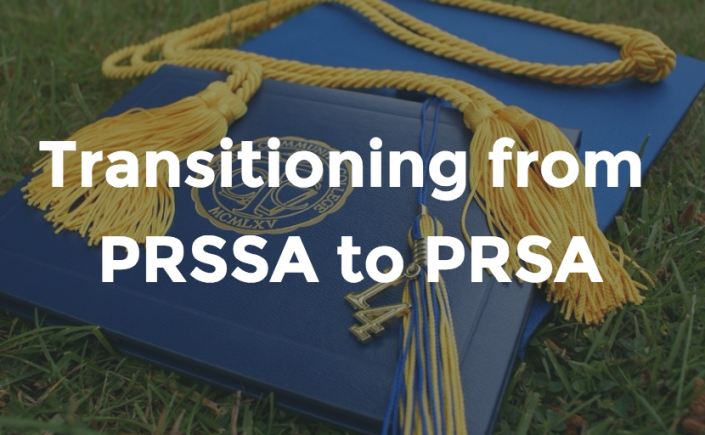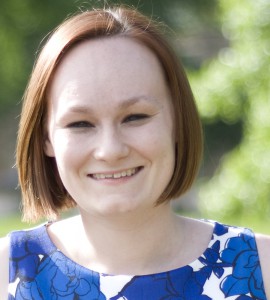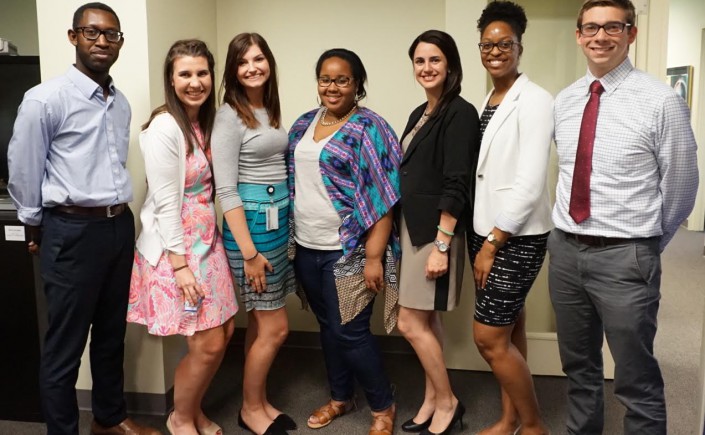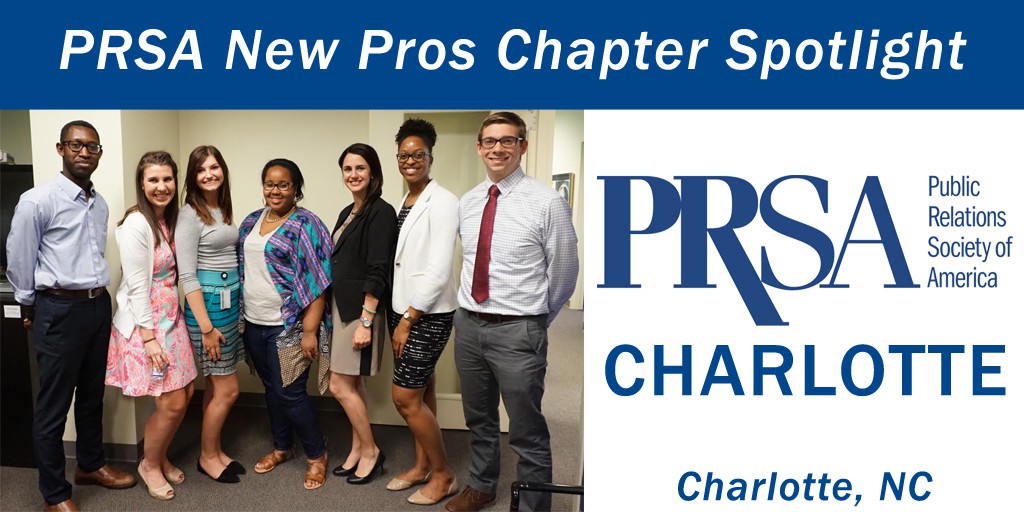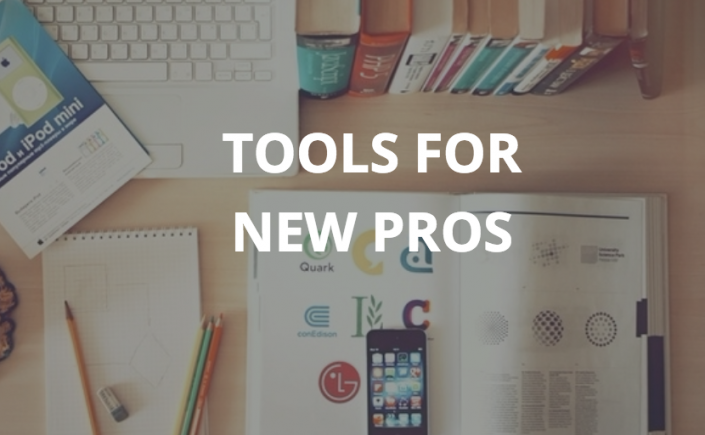You’ve put in the work, your finals are in and graduation is finally right around the corner. You’re making your post-grad to-do list and checking it twice. Joining PRSA as an Associate Member should also be at the top of your to-dos.
Why Join PRSA?
As a graduating PRSSA member you likely already know that being a member of PRSA is a step you should take to further your career. You probably also know that joining the world’s largest public relations professional organization gives you unlimited opportunities to connect with and learn from more than 21,000 other public relations and communications professionals at all career levels. You may also understand that participating in PRSA, volunteering and taking on leadership roles give you the opportunity to actively shape the future of the profession, as well as shaping yourself as a professional.
By investing in joining a professional organization like PRSA, you’re investing in your career and your own development. Beyond connecting with other professionals, PRSA membership offers the opportunity for continued professional development, career advancement, mentoring and more.
So how do I join?
Joining PRSA couldn’t be easier. All you need to do is fill out the online application, list your Alma Mater, select your local Chapter and special interest sections (please keep in mind both of these are optional) and submit your payment. Don’t forget to keep your receipt since professional organization dues are tax deductible.
Membership dues for PRSA are tiered, depending on experience level. Associate Membership is ideal for recent grads and young professionals. As an Associate Member, you have access to all of the benefits of PRSA with discounted dues. Current students who are within five months of graduation and PRSSA graduates (within two years of graduation) can join at $60 a year. Professionals with less than a year of experience, or those who weren’t PRSSA members, can join at $115 a year; those with one to two years of experience, $155 a year; and those with two to three years of experience, $200 a year. Associate members may also join the New Professionals Section at no additional cost with the promo code AM16. Professionals with more than three years of experience are simply classified as members. Regular membership dues are $255 a year for the duration of your career.
How is PRSA different from PRSSA?
PRSA differs from PRSSA because it offers professional development for members in all stages of their careers. As a PRSA member, you can seek out ways to get involved and serve your Chapter by contacting your Chapter president or the chair of a committee you’re interested in helping with. PRSA has more than enough opportunities for every member to get involved, but it’s up to each member how much time and energy they want to invest in the organization.
What role does my local Chapter play?
PRSA and its New Professionals Section offer great opportunities for networking with other professionals all over the country, but your local Chapter is the most important piece of your professional puzzle. If you’re looking for a job, to relocate or both, searching your Chapter or prospective Chapter’s online job board is a great way to find positions located near you. Connecting with members of your local (or prospective) Chapter and meeting with them to discuss the opportunities that are available, who you are and what you’re interested in is another often overlooked way to become aware of new jobs within your area. Most new opportunities are passed around and come across the desks of seasoned professionals before they’re posted online, if they ever make it there. Having yourself fresh on your colleagues minds is the best way to become aware of what’s out there, whether you’re looking for a new job or not.
Are there any groups or benefits specifically for recent grads?
Joining the New Professionals Section, one of the organization’s 14 Professional Interest Sections, is a great way to make the transition from student to professional. If you already have an idea of which industry you’d like to work in or would like to have a little extra guidance in the industry you’re currently (or soon-to-be) working in, check out any of the 10 industry specific Sections PRSA offers. If you only join one though, make sure it’s the New Professionals Section. Membership is reserved to those with three years of experience or less and is a great community for young pros to get advice from peers, begin to get involved and give back to the organization, and learn to navigate the working world.
In addition to PRSA’s national New Professionals Section, many Chapters have their own New Professionals group to help connect members and offer resources on a local level. Chapters typically list special interest groups and contact information on their websites. The New Professionals Section also keeps a list of New Professionals groups and their parent chapters.
Will my employer pay my dues?
Some employers will pay professional organization dues for its employees, either through group rates or as part of an employee benefit package. Whether PRSA membership is included as a benefit depends entirely on the company or organization, but it can’t hurt to ask. If you’d like to discuss PRSA and its membership benefits with your supervisor or boss, mentioning items like the industry-focused publications, networking opportunities and the library of free resources and professional development opportunities may be great information to help make the case for employer investment in PRSA memberships.
How can I make the most of my PRSA membership?
All of these benefits are great, but the best way to get the most out of your membership is to get involved with the organization. It can be as simple as volunteering to help with an event or writing for your Chapter’s blog or as involved as taking on a leadership role. Jumping right in and getting your hands dirty is the best thing you can do to put yourself out there, make those important connections, gain experience and make your membership work for you.
Robyn Rudish-Laning serves on PRSA’s New Professionals Section’s executive committee and is an active member of South Carolina’s PRSA chapter. She holds a master’s degree in Media Arts and Technology and a bachelor’s degree in Public Relations, both from Duquesne University in Pittsburgh. Robyn is a native of Southern New Jersey and currently resides in Columbia, SC. You can connect with her on LinkedIn or Twitter, email her or read her blog here.

